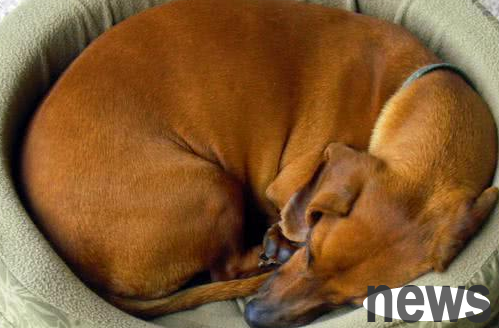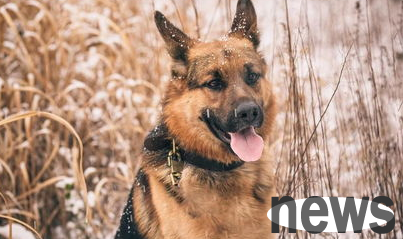The main reason for dogs to snore is that the upper respiratory tract becomes narrowed due to some influence. When the air passes through the upper respiratory tract in a contracted state, the surrounding mucosa will vibrate, thereby producing a sound. This is the snoring sound.

There are foreign objects in the dog's nose or throat, which may hinder the dog's normal breathing and may suddenly appear sneezing, runny nose, snoring and nose bleeding.

Some breeds of dogs are more likely to snore because of their body structure. For example, short-nose pugs, bulldogs and Boston dogs. Because their soft palate is longer than that of normal dogs, it can easily block the respiratory tract and hinder breathing. Therefore, excessively long soft palate will snore as your breath shakes.
In addition to sleeping, they usually breathe like snoring. Due to congenital defects, they are prone to cyanosis and difficulty breathing after a little movement, and sometimes life-threatening. The fundamental treatment is surgical resection of the soft palate. In addition, obesity can also cause soft palate to sag, so don't let your dog eat too much.
According to the Society for Pet Obesity Prevention (APOP), more than half of dogs are overweight or obese. Obesity can cause impairment in the upper respiratory tract of the dog. Because the heavy fat around the neck will press on the upper respiratory tract, causing the dog to snore.
Abscess of gums or lumps in the mouth and nose can be the root cause of snoring. If left untreated, the virus may spread within the dog's body and cause more serious disease problems.